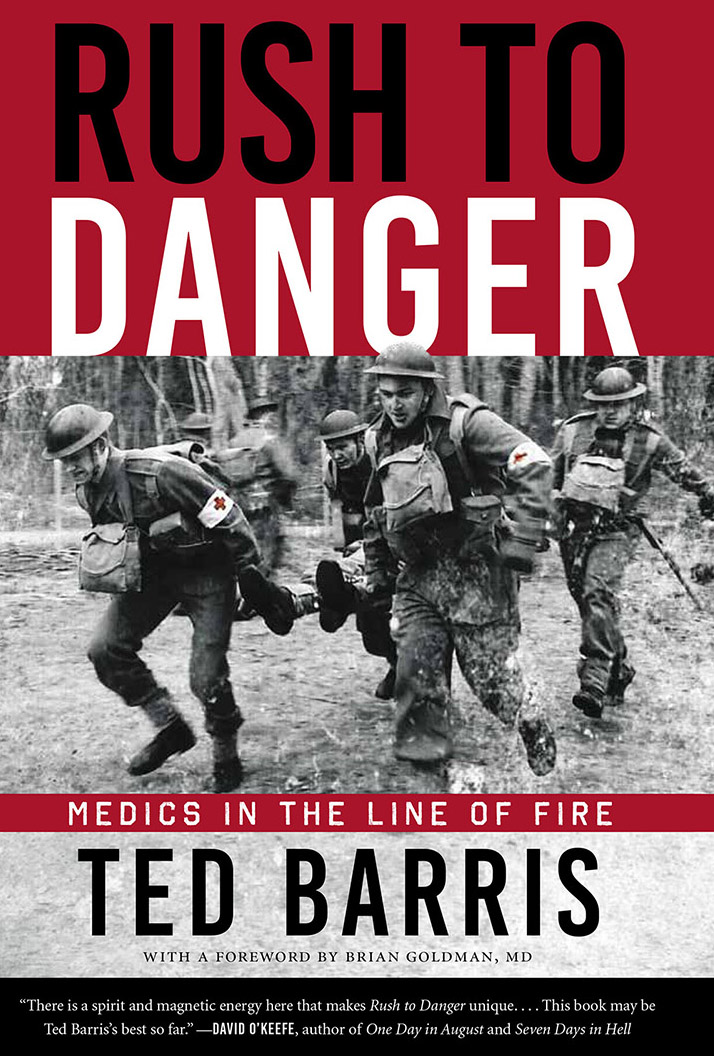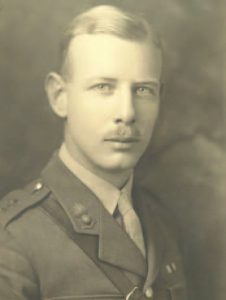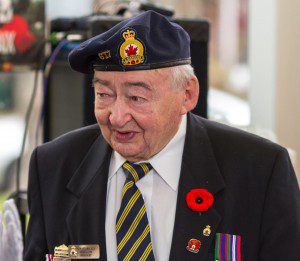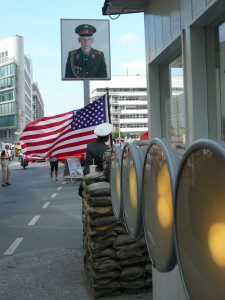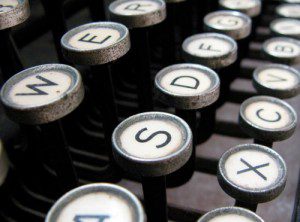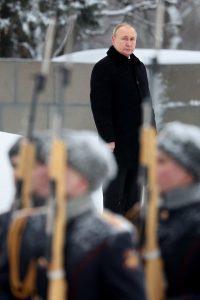
When I was in Grade 3, back in the mid-1950s, an older and belligerent kid chose me as his victim in the schoolyard one day. He picked on me because I wore glasses. He knew I had just arrived in the neighbourhood, so he teased me for being the new boy. He taunted me because he knew I didn’t have any friends to turn to. He made fun of my name.
“Hey, Teddy Bear,” he kept calling from across the yard.
Bad memories of that schoolyard experience returned to me last week when Russian President Vladimir Putin sent his columns of tanks, trucks and soldiers charging across his western frontier into Ukraine. (more…)
